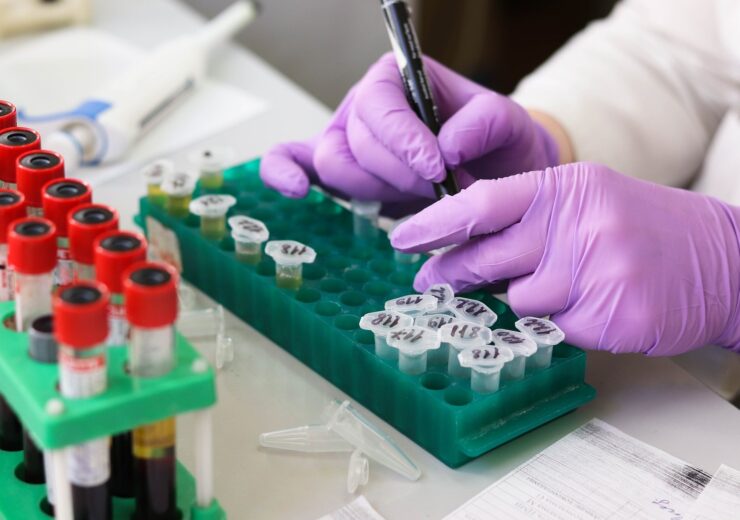The Mercy Halo technology can detect multiple cancer-related biomarkers co-localised on the surface of individual tumour-derived extracellular vesicles

Mercy BioAnalytics’ Mercy Halo Ovarian Cancer (OC) assay outperforms CA125 in detection of ovarian cancer in new study. (Credit: Belova59 from Pixabay)
US-based biotechnology firm Mercy BioAnalytics announced that its Mercy Halo Ovarian Cancer (OC) assay outperformed CA125 in the detection of ovarian cancer in a new study.
The results of the study, based on differentiating patients with early-stage high-grade serious ovarian cancer (HGSOC) from women with benign conditions, will be presented at the American Society of Clinical Oncology (ASCO) 2022 Annual Meeting.
According to the study, the Mercy Halo OC assay showed superior separation from benign adnexal masses and healthy controls than CA125.
The test also linked signals with virtually indicating that the assay can be validated further in established blood biorepositories, thereby speeding up clinical investigation and development.
According to the firm, the test uses a new method of analysing biomarkers based on individual extracellular vesicles (EVs).
The Mercy Halo technology can detect multiple cancer-related biomarkers co-localised on the surface of individual tumour-derived extracellular vesicles.
The Mercy Halo OC assay is used to diagnose stage I/II ovarian cancer and differentiate it from other diseases.
Mercy BioAnalytics chief executive officer Paul Blavin said: “Too many women today suffer, and ultimately lose their lives, as a result of the late detection of ovarian cancer.
“We are encouraged by the data of our most recent study comparing the Mercy Halo Ovarian Cancer assay to CA125 in detecting early-stage ovarian cancer and distinguishing it from benign disease.”
Blavin added: “Our unique approach, focused on co-localisation to interrogate single extracellular vesicles, has important advantages over current early cancer detection methods and our work thus far has fuelled our passion for relieving suffering and saving lives through the early detection of cancer.
“We look forward to expanding our studies of the Mercy Halo Ovarian Cancer assay to include average risk, asymptomatic women who might benefit from an improved ovarian cancer screening paradigm.”
